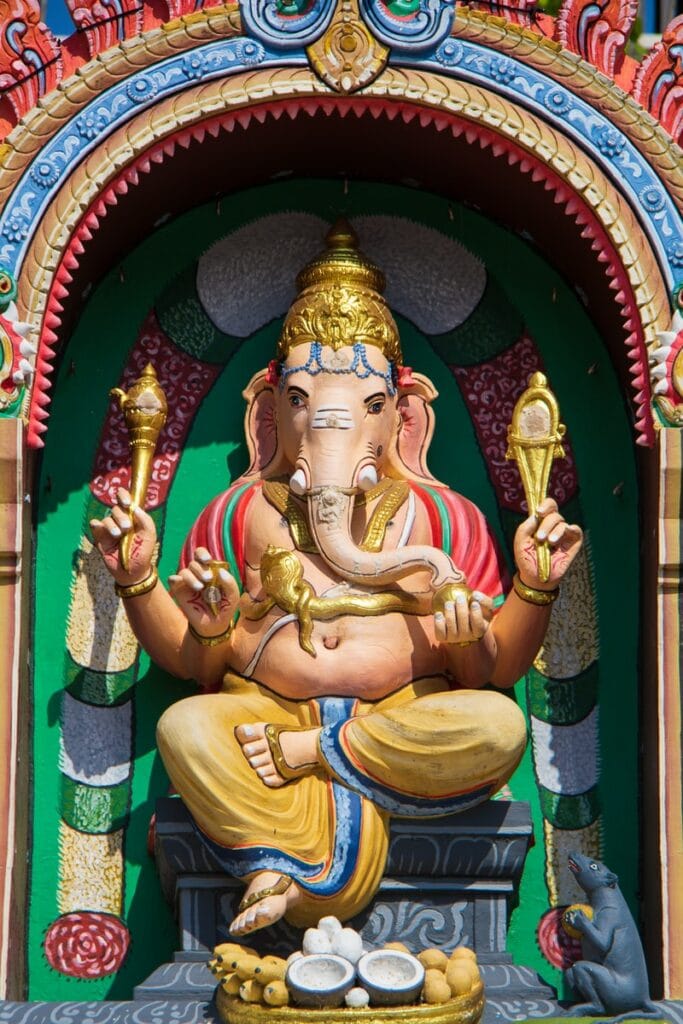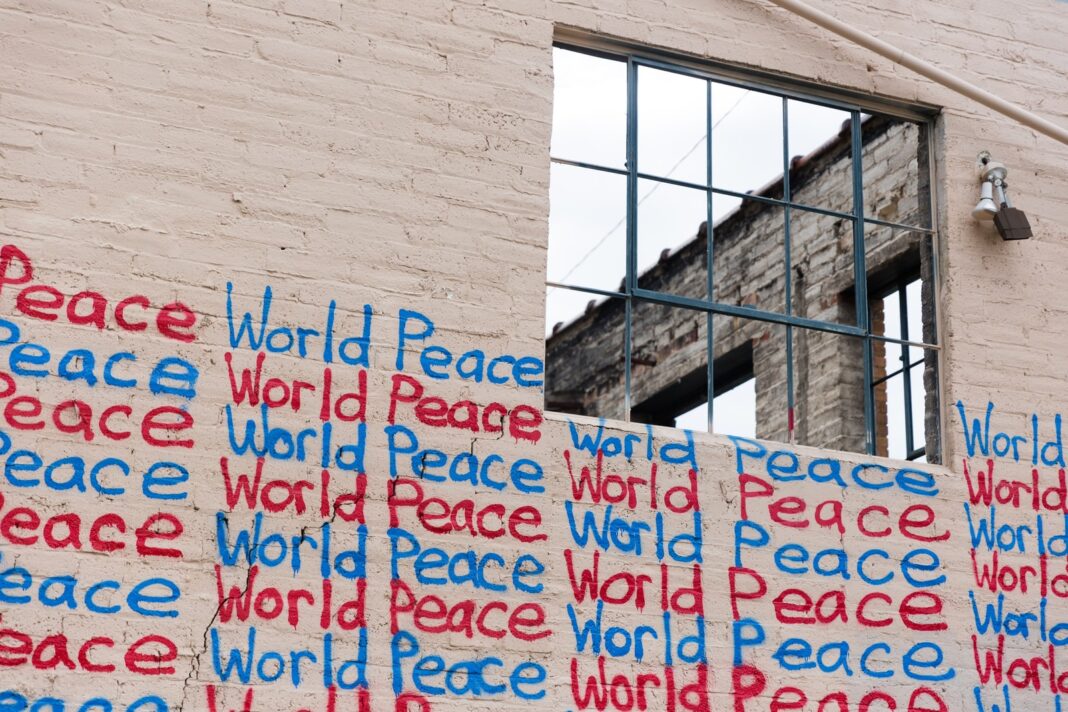In a time where peace has become more than the lack of war, war has hit what is considered the “civilized” world, there are few who willingly misinterpret the time, context, and text to justify the killing of other human beings, forgetting all lessons learned from history.
What is religion?
Religion is a social and cultural system that includes predetermined behaviours and rituals, morals, world-views, books, holy locations, prophecies, ethics, and organizations. It connects humans to mystical or spiritual components of the supernatural world. Religion is a combination of religious attitudes, beliefs, and behaviours that can be personal or institutionalized.
The different types of religions
There are many religions in the world, but we will only discuss the six major religions in this text. Judaism, Islam, Christianity, Sikhism, Buddhism, Scientology and Hinduism are the 7 of the most known religions. We’ll look at each religion’s scriptural views about peace and the importance thereof.
Buddhism

Buddhism, unlike the first four religions, does not believe in an external God. Buddhists, on the other hand, seek personal enlightenment and adhere to the teachings of Buddha, a former prince who attained enlightenment after renouncing his life of luxury. According to Buddhists, the Four Noble Truths were discovered by Buddha.
Peace, according to Buddhism, is an inner condition of mental tranquillity that flows outward. Attaining a level of inner calm could serve as an example for everyone. Meditation helped Buddha achieve inner serenity, which encouraged him to work for world peace.
Christianity

Christians adhere to the Christian faith. Christianity is one of the six major faiths. Christians, like Jews and Muslims, believe in one God: God the Father, God the Son, and God the Holy Spirit. They study the Bible and attempt to follow Jesus Christ’s teachings. Churches are where the vast majority of Christians worship.
The Old Testament‘s definition of “peace” largely alludes to completeness, total health, and total welfare. It refers to the totality of God’s benefits bestowed on a member of the covenant community.
This is what the Bible says about peace in its verses. “I leave my peace with you; I give you my peace.” I do not give to you as the world does. Don’t let your hearts be worried, and don’t be terrified. “As a result, we have peace with God through our Lord Jesus Christ, because we have been justified by faith.”
Hinduism

Hinduism, like Buddhism, is an Indian religion that is not monotheistic. Rather, it is based on a set of traditions and beliefs that were not established by a single person.
Hinduism emphasizes the importance of peace. Because of the eschatological implications, peace is not only necessary within oneself in Hinduism, but it is also extremely important to act peacefully toward others.
Islam

Muslims are people who adhere to the Islamic religion. They believe in the power of Allah, the Arabic word for God, which is another monotheistic faith. Muslims adhere to Islam’s five pillars, read the Qur’an, and pray in mosques.
Peace in Islam is defined as submission to Allah’s will through sharia, Allah’s holy and eternal rule, and the expansion of the Dar al-Islam, or ‘House of Islam,’ to encompass the entire globe. In the absence of sharia, there is no peace. Muslims believe that the only way to acquire inner peace is to completely surrender to Allah.
Judaism

The earliest religious group, Judaism, is the first of these world faiths. Jews believe in a single, all-powerful God who has made a specific deal with people, known as a covenant. To thank God for His protection and direction, Jews devote their lives to following God’s laws.
The Hebrew Bible mentions the well-known commandment to “love thy neighbour as thyself,” which is echoed throughout Judaism’s sacred literature. As a matter of fact, one of the primary concepts of Jewish law is the love of peace and the pursuit of peace.
In Judaism, peace is a very important belief. Jews will greet one another with the Hebrew phrase “Shalom,” which means “peace and happiness.” It evokes feelings of happiness and well-being. Within Judaism, peace between man and God, as well as between organizations and individuals, is highly valued and must be practised.
Scientology
The one that is considered probably the newest world religion due to its fast growth is Scientology, founded by American author L. Ron Hubbard, who is very well known also for his secular work in drug rehabilitation, values and education. It is in one of his fiction books (Battlefield Earth) that we find a very interesting call for Peace.
HEAR ME!! Out of a hell of shot and shell,// Out of this chaos of contention,// Let us bring peace to pointless fight.// Why do we court the whore called war?// Why make of Earth a shattered night?// There is no ecstasy in killing.// Love alone can make man willing.// So hear me warriors, hear me mothers.// There is no pay in slaughtered brothers.
Attention, if your sense is fair,// heed that which we now declare.// PEACE! You races far and wide. PEACE!// Abandon your blood-soaked suicide// and now abide in peace!// Echo me!// As in your hearts you yearn for love, not death!// PEACE, we have declared it.// Snarls and strife must be at end!// In peace alone can this Earth mend.// And now find ecstasy in love, love for Earth, for all.// The gods of peace have now spoken.// OBEY!
Sikhism

Sikhism, founded by Guru Nanak, is another religion that believes in a single God. Sikhs believe that there is only one God, who is present everywhere and in all things.
They don’t really believe that war is always sinful, but that it should only be used as a last resort. As Guru Nanak, Guru Arjan, and Guru Tegh Bahadur demonstrated, peaceful techniques include discussion and non-violence.
Conclusion
Religious tolerance is an important component of every peaceful community, and religious freedom is a global human right that all countries must protect. It is critical to respect one’s religion. No one should be judged because it is everyone’s right to worship whatever they believe in.










https://wol.jw.org/en/wol/d/r1/lp-e/1200274366